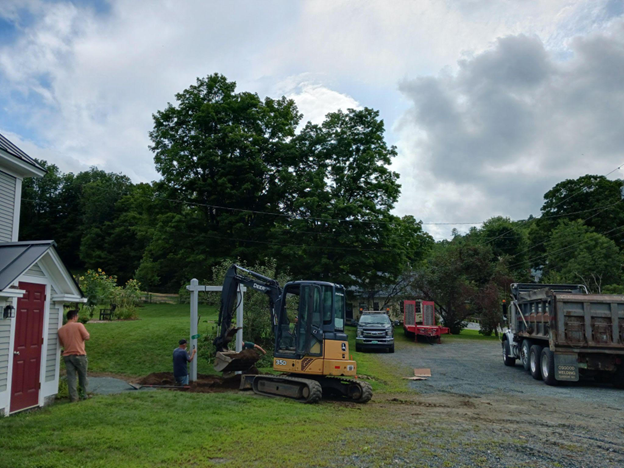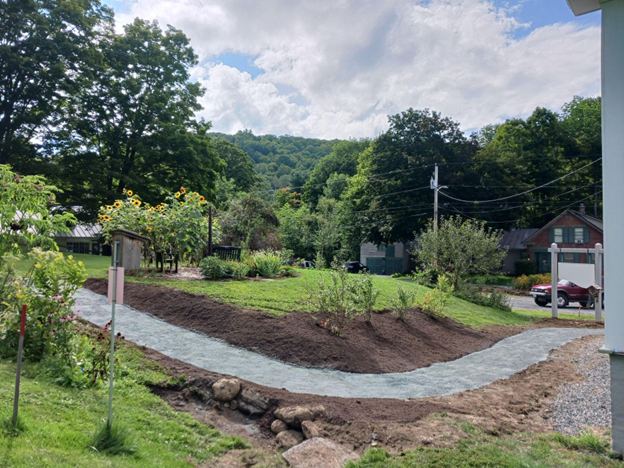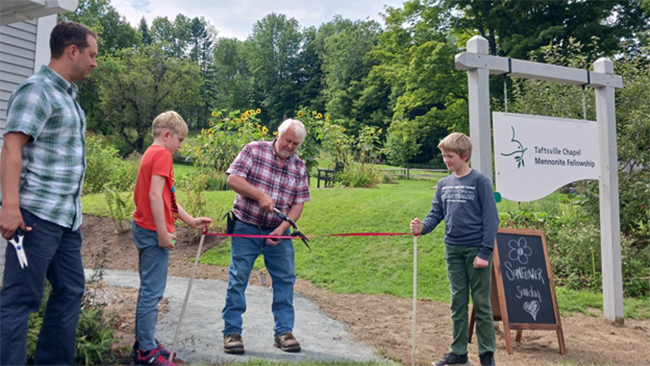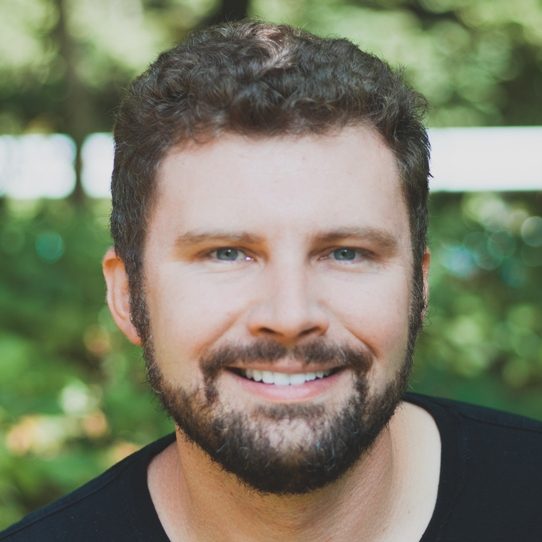by Steve McCloskey
A version of this article was originally published on January 6, 2025, for the Anabaptist Disabilities Network, and reprinted with permission.
In May 2022, delegates at a Mennonite Church USA (MC USA) assembly in Kansas City affirmed several resolutions; one of which was the MC USA resolution regarding accessibility (which can be read here).
Although our congregation, Taftsville (VT) Chapel Mennonite Fellowship, did not have any delegates at this assembly the resolution provoked a question: how accessible are churches, worship services, and gatherings to full participation of people with disabilities and different abilities?
As a pastor, I was confronted with a series of specific questions: if a person who is blind attended our services, do we have hymnals that they could use? If a person who is deaf attended, who would translate what others say?
The resolution provoked our congregation to consider the ways that people’s human bodies might encounter barriers to participation in the Church body.
We have an elevator in our building; so, as the able-bodied pastor, I assume we accommodate persons using wheelchairs. But a sister in our church, Mary, pointed out that she can’t use the elevator without the assistance of someone inside the building to operate the elevator; simply having an elevator doesn’t necessarily solve accessibility complications.
The resolution from 2022 compelled me, as a pastor, to be more reflective on my theology of abilities and disabilities. Author Amy Kenny is a disabled scholar and theologian, and a committed Christian who loves and thanks God for her wheelchair. Her book My Body is Not a Prayer Request draws attention to ways that she is treated as an inconvenience to churches and other Christians. Many see her as a person who needs healing. She is suggesting that they need healing.
Kenny, in her abilities and disabilities, can see things that I, with an able body, don’t see. She notices that the resurrected body of Jesus is disabled. That Christ, even after death, even after the transformation of resurrection, carries wounds and holes in his body.
Kenny has heard pastors preach that we will all have perfect bodies in heaven and she challenges this notion of perfection. She notices that in heaven, the throne of grace, the throne of God, is a wheelchair. As it says in Daniel 7:9, NRSV:
And the Ancient of Days was seated;
His garment was white as snow,
And the hair of His head was like pure wool.
His throne was a fiery flame,
Its wheels a burning fire.
Holy smokes! God’s throne has hot wheels! I never noticed that it was a wheelchair. But it was there in the Bible all along–and Amy Kenny helped me to see this.
What if people of various abilities and disabilities, colors and sizes, are all part of this multitude that the last book of the Bible describes worshiping before God?
What if God is perfect in our weakness? Moses thought his speech impediment was an impediment to his calling, but in Exodus 4:11, the Lord said to him,
Who gave human beings their mouths? Who makes them deaf or mute? Who gives them sight or makes them blind? Is it not I, the Lord?
Hearing from the disabled voices among us inspired our congregation to consider ways that we could make our worship gatherings more accessible and inclusive. We pursued grant money with the Anabaptist Disabilities Network and were awarded a Barrier Free Grant to help us make structural changes.
We began a handful of initiatives that included: adding handrails to the bathroom on the first floor of our building, ordering a large print version of the Voices Together hymnal, and more ambitiously, we wanted to make our church yard and gardens (which are situated on an elevated slope) more accessible to folks with mobility limitations.
After considering a few options, we decided on an accessibility pathway that allows people who use a wheelchair or other mobility assistance tools to have more convenient access up the hill and through the path. Our congregation holds worship services, picnics, and other events in the yard. It is also a community garden that offers space for rest, prayer, and contemplation near the peace pole we planted in 2022.


Shortly after our trustees used equipment to create a slope and place hard-pack stone to create a path, we held a dedication ceremony with a prayer that our grounds can continue to be a place of hospitality to visitors and newcomers for future generations to come.


Steve McCloskey
Steve McCloskey (M. Div, MPA) serves as the Pastor of Taftsville Chapel Mennonite Fellowship in Vermont. Steve is a volunteer firefighter, recurring columnist for the Vermont Standard, a recovering sinner and disciple of Jesus, and father of Jacob and Silas. Steve enjoys hiking, praying, and exploring the hills of New England and occasionally playing Nintendo Switch with his kids and their friends.
Mosaic values two-way communication and encourages our constituents to respond with feedback, questions, or encouragement. To share your thoughts or send a message to the author(s), contact us at communication@mosaicmennonites.org.
